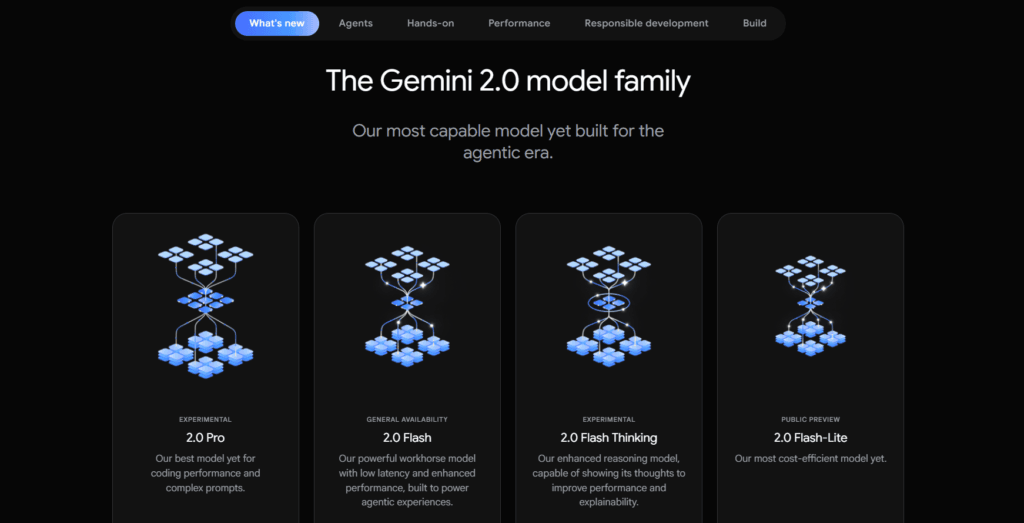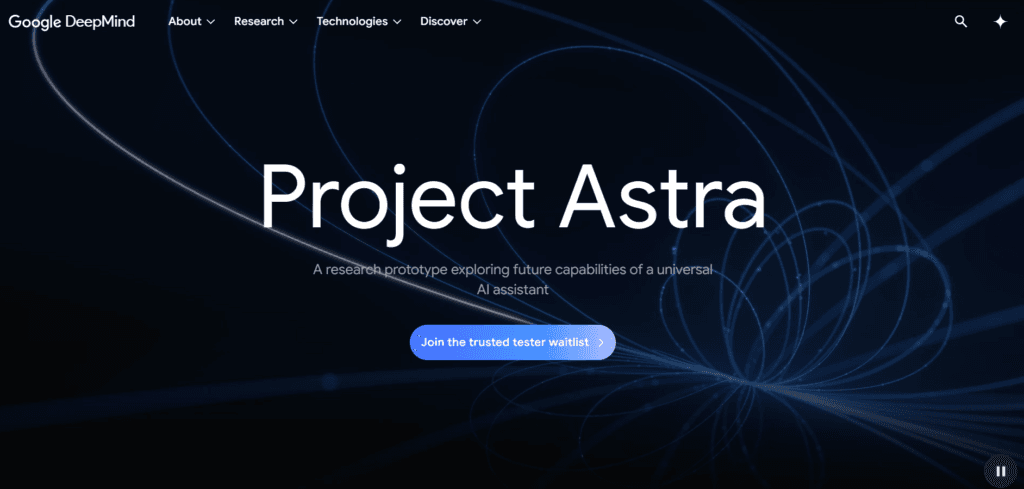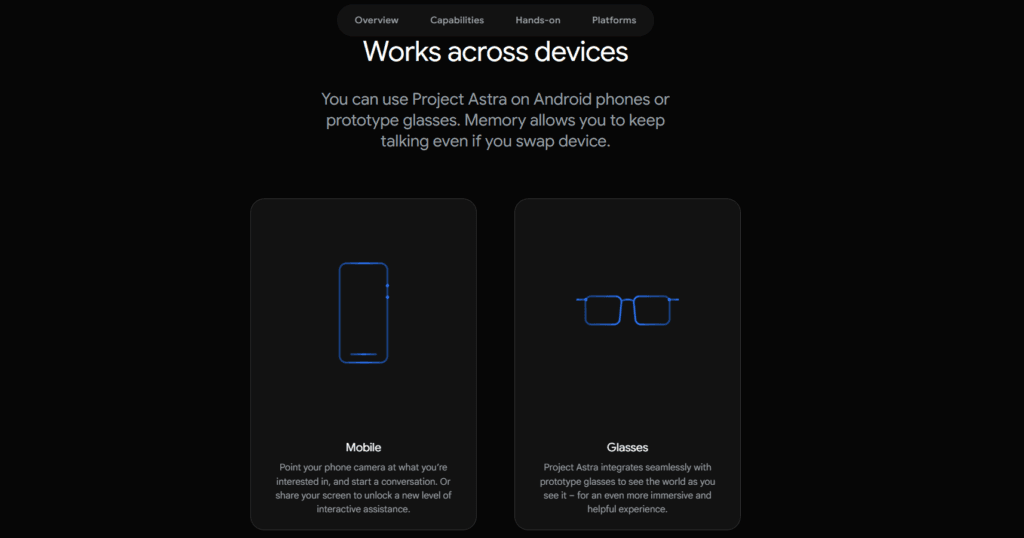Imagine this: You’re walking down the street, and your glasses suddenly remind you to pick up milk on the way home. They translate a foreign sign in real-time, suggest a restaurant based on your dietary preferences, and even warn you about an oncoming cyclist. Sounds like science fiction, right? Welcome to the world of Gemini 2.0 and Project Astra, Google’s latest AI innovations that are about to redefine how we interact with technology—and how it interacts with us.
But here’s the burning question: Is this the beginning of AI controlling our lives, or are we just getting started?
What is Gemini 2.0?
Gemini 2.0 is Google’s next-generation AI model, and it’s not just another chatbot. It’s a multi-modal powerhouse that can process text, images, audio, and video with human-like understanding. Think of it as your personal assistant, researcher, and creative partner—all rolled into one.

Here’s what makes Gemini 2.0 stand out:
- Pro Experimental: With a 2 million token context window, it can analyze entire books, lengthy research papers, or even your 1,500-page PDF in one go.
- Flash-Lite: At just $0.075 per 1,000 tokens, it’s one of the most affordable AI models on the market, making it accessible to everyone.
- Project Astra: This is where things get futuristic. Astra integrates Gemini’s capabilities into wearable devices like glasses, enabling real-time vision, memory, and reasoning.
Compared to competitors like OpenAI’s GPT-4 or Anthropic’s Claude, Gemini 2.0 isn’t just playing catch-up—it’s setting the pace. But the real game-changer? Project Astra.
The Glasses Are Watching: Project Astra Unveiled
Project Astra is Google’s bold vision for the future of AI: smart glasses that see, hear, and think alongside you. These aren’t your average augmented reality glasses. They’re powered by Gemini 2.0, which means they can process real-time video and audio, retain memories, and provide context-aware responses.

Here’s how it could transform your life:
- Daily Life: Forget where you left your keys? Astra will remind you. Struggling to read a foreign menu? It’ll translate it instantly. Need a recipe for dinner? It’ll scan your fridge and suggest one.
- Work: In meetings, Astra can summarize discussions, highlight action items, and even draft emails for you. It’s like having a personal assistant who never sleeps.
- Education: Students can use Astra for personalized tutoring. Struggling with math? The glasses will walk you through the problem step-by-step.

But with great power comes great responsibility—and a few ethical concerns.
How Gemini 2.0 Could “Control” Your Life
Let’s be honest: Gemini 2.0 isn’t just a tool—it’s a potential life manager. Here’s how it could take the wheel:
- Personalization:
Gemini 2.0 learns your habits, preferences, and routines. It knows when you’re running low on groceries and automatically places an order. It remembers your favorite coffee order and suggests it every morning. Over time, it becomes so attuned to your life that it starts making decisions for you. - Automation:
Why waste time on mundane tasks when AI can handle them? Gemini 2.0 can schedule appointments, manage your emails, and even drive your car. It’s like having a personal butler who’s always one step ahead. - Decision-Making:
From career moves to health choices, Gemini 2.0 can provide data-driven recommendations. Want to know if you should switch jobs? It’ll analyze your skills, market trends, and financial situation to give you the best advice. - Dependency:
The more we rely on AI, the harder it becomes to function without it. Imagine a world where we trust AI to choose our investments, plan our vacations, or even pick our life partners. Sounds convenient, but what happens when the AI gets it wrong?
The Dark Side: Privacy, Security, and Ethical Concerns
As exciting as Gemini 2.0 and Project Astra are, they come with a host of challenges:
- Privacy Risks:
Always-on AI glasses mean your every move could be recorded. What happens to that data? Who has access to it? And what if it falls into the wrong hands? - Data Security:
Google promises to keep your data safe, but no system is foolproof. A single breach could expose your most personal moments. - Ethical Dilemmas:
If AI makes a wrong decision—say, recommending a harmful medical treatment—who’s responsible? The developer? The user? The AI itself? - Regulation:
As AI becomes more integrated into our lives, we’ll need strict guidelines to prevent misuse. But will governments and tech companies work together to create them?
The Future of AI and Humanity
Gemini 2.0 and Project Astra are just the beginning. As AI continues to evolve, it will become an indispensable part of our lives, blurring the line between convenience and control.
But here’s the thing: AI doesn’t have to be a threat. If we use it responsibly, it can empower us to achieve more, learn faster, and live better. The key is to strike a balance—embracing the benefits while mitigating the risks.
So, as Gemini 2.0’s glasses start watching, the question isn’t whether AI will control our lives—it’s whether we’ll let it.
Gemini 2.0 isn’t just a technological leap; it’s a cultural shift. It challenges us to rethink our relationship with technology and ask ourselves: How much control are we willing to give up for convenience?
One thing’s for sure: The future is here, and it’s wearing glasses.
